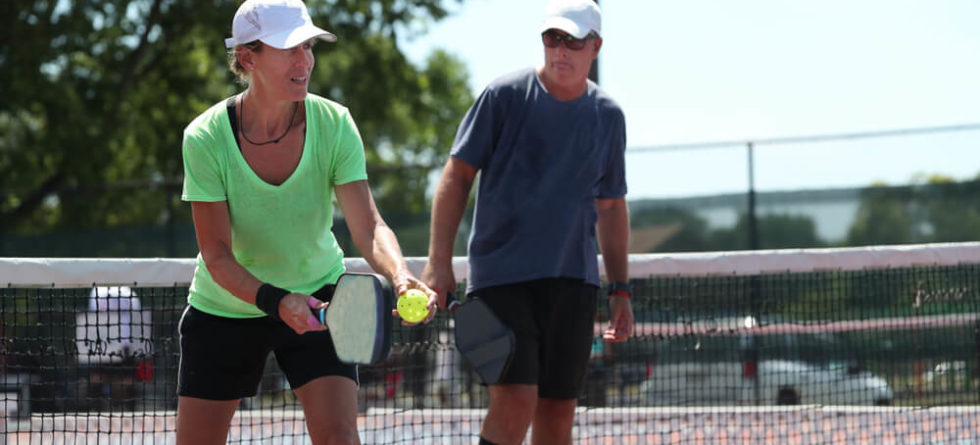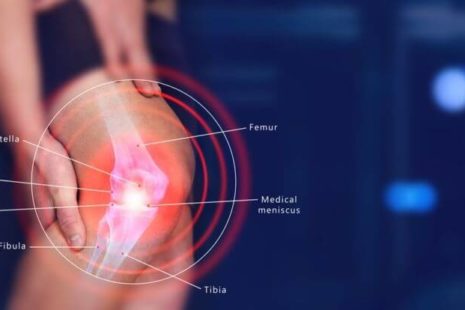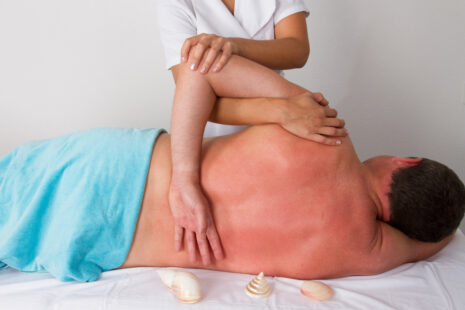Pickleball is generally considered a low-impact sport, which means it puts less stress on the joints than high-impact activities like running or contact sports. As a result, pickleball is often regarded as a joint-friendly sport suitable for people of various ages and fitness levels.
Here are some considerations to keep in mind…
- Pickleball Court Surface: The court surface type can influence your joints’ impact. Hard court surfaces, such as concrete or asphalt, can be more taxing on the joints than cushioned or softer surfaces.
- Repetitive Movements: The repetitive nature of certain pickleball movements, such as quick lateral movements, pivoting, and hitting the ball, can place stress on the joints over time. It’s essential to use proper form and technique to minimize the risk of joint strain.
- Inadequate Warm-up: Failing to warm up properly before playing pickleball can increase the risk of joint injuries. A warm-up helps increase blood flow to the muscles and prepares the joints for activity.
- Overexertion and Fatigue: Playing pickleball for an extended period without adequate rest and recovery can lead to joint fatigue and increased risk of injuries.
- Individual Factors: The impact of pickleball on your joints may also depend on your age, fitness level, previous injuries, and overall joint health.
To make pickleball a joint-friendly activity, consider the following tips:
- Warm-up: Always start with a proper warm-up that includes gentle stretching and light aerobic exercises to prepare your body for activity.
- Proper Footwear: Wear supportive and comfortable footwear that provides adequate joint cushioning.
- Technique and Form: Learn and practice proper techniques to minimize stress on your joints and avoid overexertion.
- Rest and Recovery: Allow sufficient rest and recovery between pickleball sessions to prevent overuse injuries.
- Strength and Flexibility: Engage in regular strength training and flexibility exercises to support your joints and reduce the risk of injury.
- Listen to Your Body: Pay attention to any discomfort or pain during or after playing pickleball. If you experience joint pain, take a break and seek medical advice if needed.
As with any physical activity, moderation and appropriate preparation are essential for enjoying the benefits of pickleball while minimizing the impact on your joints. If you have concerns about pickleball’s effects on your joints, consider consulting with a healthcare professional or a physical therapist for personalized advice and recommendations.




